Hi. First of all, I am sorry because I am sure this thread have been posted before. I'm just new to this Forum so got no idea of how to navigate it. I am currently studying Polish with Duolingo, pretty close to finish their course. I was wondering what books may I use after I am done with this. I heard that Hurra Po Polsku is not the best option if you have no teacher. All your help will be appreciated, thanks.
Best books to self-study Polish?
All your help will be appreciated, thanks.
Have a look at this thread https://polishforums.com/language/grammar-books-23114/.
If you are looking for a specific subject on the forum, use the search box at the top right of the page. On the home page (at the top), there is also a list of different forum titles which deal with languages, news and history etc.
This one is dated but I liked the description of grammar better than most other books...
amazon.com/Teach-yourself-Polish-teach-English/dp/B0007E1ATY
amazon.com/Teach-yourself-Polish-teach-English/dp/B0007E1ATY
I'd be interested to know if there is a good, clear grammar book out there. I've just started digging into my books again to try to fill in all the holes in my grammar. I've got a few, but none is quite right.
In terms of spoken Polish, I'd recommend getting to grips with all the sounds of the letters and letter combinations. If you'll excuse the shameless plug, I've just put a book out on this very subject: grijben.com/alphabet/pl/
In terms of spoken Polish, I'd recommend getting to grips with all the sounds of the letters and letter combinations. If you'll excuse the shameless plug, I've just put a book out on this very subject: grijben.com/alphabet/pl/
I'd be interested to know if there is a good, clear grammar book out there.
As a reference (to check different parts of the grammar at different times) Oscar Swan was most people's go to book:
amazon.com/Grammar-Contemporary-Polish-Oscar-Swan/dp/0893572969#customerReviews
I liked the approach to grammar in my link #3 (the original Teach yourself Polish by M. Corbridge-Patkaniowska and not the glorified phrase book put out later). but you need to work through the book (and some of the info is dated - transposition of endings is pretty rare in modern standard Polish and I'll never forgive it for making me think the word for pen is 'pióro' which by the time I got to Poland only could refer to a fountain pen, when what I wanted was długopis....)
'pióro' - 'długopis' :D lol, this happened to me also. Pióro is 1960s!
I would recommend an old style Linguaphone Polish course (pre-1990), you can occasionally get them on ebay for around £25. The lessons are a bit archaic, but it is a good solid resource.
Oscar Swan's grammar has always been available as a download, one current link is here:
researchgate.net/profile/Oscar-Swan/publication/41495047_A_Grammar_of_contemporary_Polish/links/5447abf70cf2f14fb8120f35/A-Grammar-of-contemporary-Polish.pdf?origin=publication_detail
As Swan retired some years ago, the original pitsburg.edu link is dead. A google search will find his courses and grammars easily enough.
He also published an advanced Polish course, though only as a book afaik,
Oscar E. Swan, Intermediate Polish, ISBN 10: 0893571652 / ISBN 13: 9780893571658. Published by Slavica Pub, 1986
His beginner course is still available online:
......
Took me a few minutes to find it. Original website is archived here: lektorek.org/lektorek/
Lessons as downloadable pdf files: lektorek.org/lektorek/firstyear/lessons/
Polish Grammar in a Nutshell: lektorek.org/lektorek/firstyear/nutshell.pdf
Another link to the reference grammar: lektorek.org/lektorek/grammar.pdf
A bit dated now, but in an age of quick teach yourselves of little use, I thoroughly recommend the lessons in this course, and the grammars.
I would recommend an old style Linguaphone Polish course (pre-1990), you can occasionally get them on ebay for around £25. The lessons are a bit archaic, but it is a good solid resource.
Oscar Swan's grammar has always been available as a download, one current link is here:
researchgate.net/profile/Oscar-Swan/publication/41495047_A_Grammar_of_contemporary_Polish/links/5447abf70cf2f14fb8120f35/A-Grammar-of-contemporary-Polish.pdf?origin=publication_detail
As Swan retired some years ago, the original pitsburg.edu link is dead. A google search will find his courses and grammars easily enough.
He also published an advanced Polish course, though only as a book afaik,
Oscar E. Swan, Intermediate Polish, ISBN 10: 0893571652 / ISBN 13: 9780893571658. Published by Slavica Pub, 1986
His beginner course is still available online:
......
Took me a few minutes to find it. Original website is archived here: lektorek.org/lektorek/
Lessons as downloadable pdf files: lektorek.org/lektorek/firstyear/lessons/
Polish Grammar in a Nutshell: lektorek.org/lektorek/firstyear/nutshell.pdf
Another link to the reference grammar: lektorek.org/lektorek/grammar.pdf
A bit dated now, but in an age of quick teach yourselves of little use, I thoroughly recommend the lessons in this course, and the grammars.
Swan and Feldstein are by far the best for Anglophone Polish learners!
They break down the number quirks especially very clearly, even for me LOL
They break down the number quirks especially very clearly, even for me LOL
@Lyzko
Feldstein? Can you post details of this please -I am not familiar with it.
Feldstein? Can you post details of this please -I am not familiar with it.
Ronald Feldstein put out a popular and relatively acclaimed paperback Polish grammar some years back in fairly exhaustive detail. Sure it's been reprinted and, again, he really covers those counting patterns admirably for an American writing for Anglophone learners:-)
Problem with any such book on foreign language grammar is that considerable prerequisite knowledge is required for the stuff to make any sense whatsoever.
Were Polish my FIRST second language as an adult and I'd zero background from either childhood or even middle school, I'd have thrown in the towel after page fiveLOL
Problem with any such book on foreign language grammar is that considerable prerequisite knowledge is required for the stuff to make any sense whatsoever.
Were Polish my FIRST second language as an adult and I'd zero background from either childhood or even middle school, I'd have thrown in the towel after page fiveLOL
I got a reasonably good grounding in Polish a decade ago. I'll have a look for Feldstein in my usual old book outlets.
Not certain where in the UK you live at present, but if it's London, I believe there's a bookshop called Dillon's (near Charing Cross Rd.?), if it still exists, and they have or used to have a wonderful and detailed selection of language learning books!
The second or perhaps it was the third floor of the old Foyle's Bookshop had about the best serious selection of linguistics and scholarly-type books I'd ever seen, but this was thirty-some odd years ago:-)
So sorry, I meant Hachette, NOT DIllon's.LOL
The second or perhaps it was the third floor of the old Foyle's Bookshop had about the best serious selection of linguistics and scholarly-type books I'd ever seen, but this was thirty-some odd years ago:-)
So sorry, I meant Hachette, NOT DIllon's.LOL
Foyle's Bookshop
Grant and grant and Cutler inside Foyle's has a good selection (and Foyle's is far easier nowadays) however the best choice is at The European Bookshop on Gloucester Road.
Thanks, jon.
Best books are those for Polish learners in primary schools:
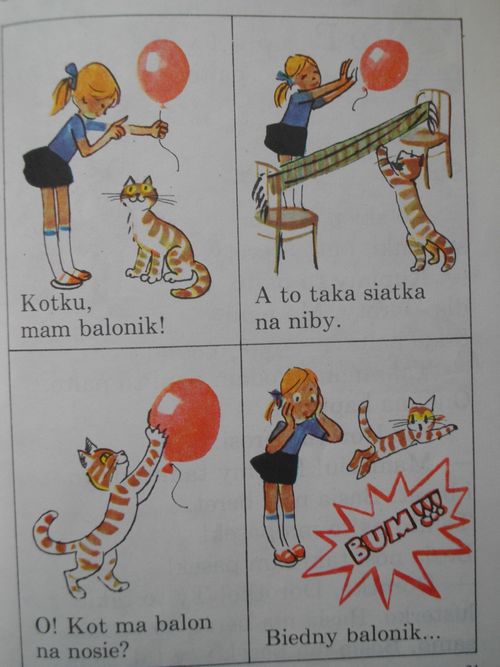
ks000027.jpg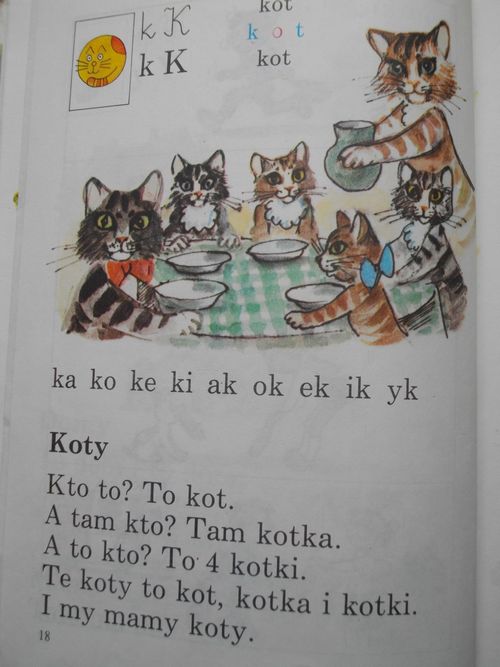
ks000025.jpg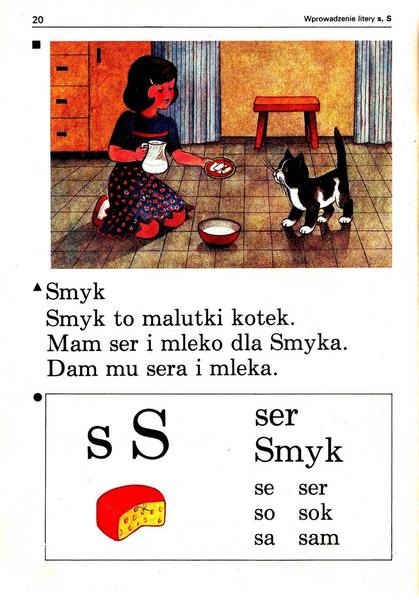
1.jpg
Looks good for first-time learners at that age; no English and lots of visuals:-)
lots of visuals:-)
Yes, I forgot to post this one:

1.jpg
Nice one, Pawku.
Nice one,
Yes, but be careful not to confuse these two:
kot - cat
kat - hangman
Here are two books I recommend
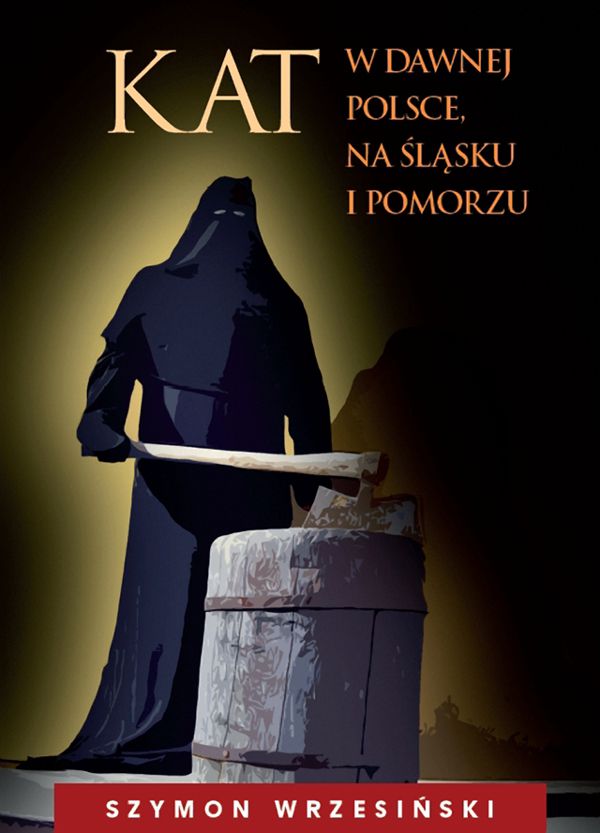
KatwdawnejPolsce..jpg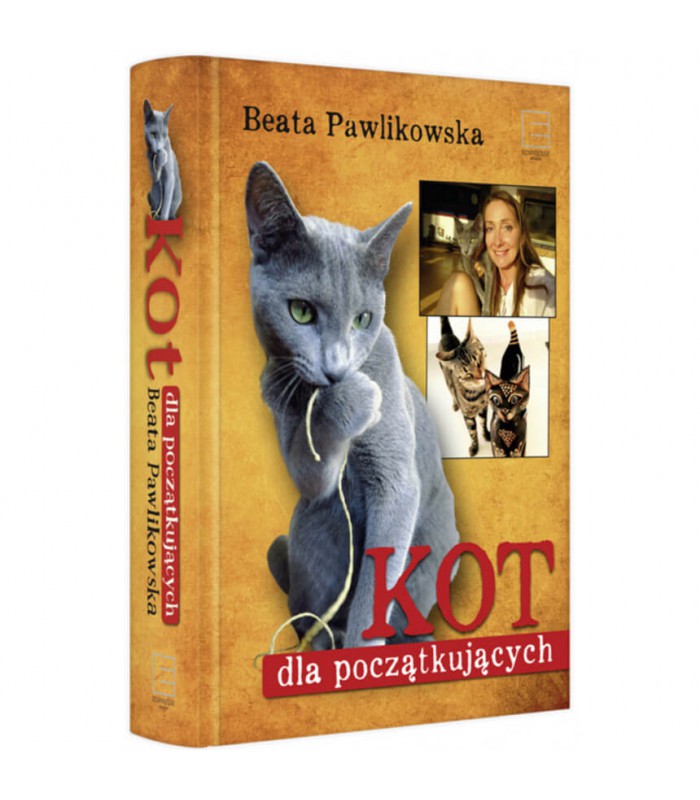
kotdlapoczatkujacy.jpg
Important tip there...
@pawian #15
Smyk is rather a name for a dog.
Smyk is rather a name for a dog.
Smyk dog.
Nope, a Polish car.
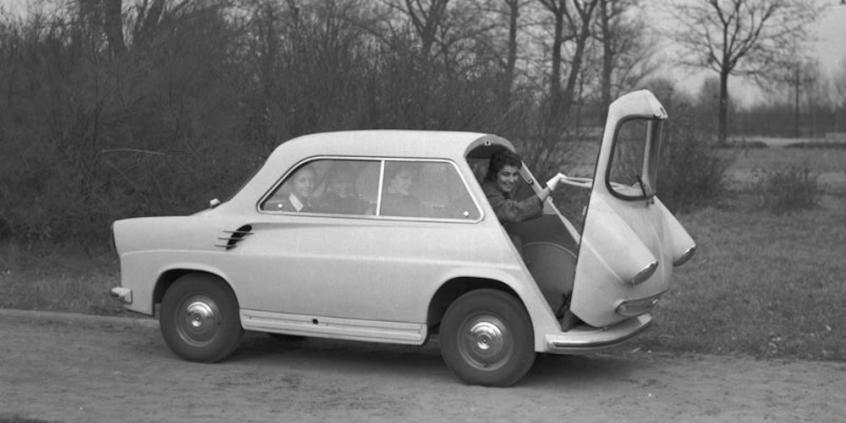
5e1b585257502a29e307.jpg
Looks like a pug on the wheels. I said it's a dog.
Right, Paw!
There are numerous other "dangerous" homophones in Polish, f. ex. "kat" vs."kat" with a cedilla bellow the "a" in the second word, the latter meaning an edge or corner:-)
There are numerous other "dangerous" homophones in Polish, f. ex. "kat" vs."kat" with a cedilla bellow the "a" in the second word, the latter meaning an edge or corner:-)
homophones in Polish, f. ex. "kat" vs."kat"
These are not homophones as far as I understand it
Homonyms then. Same spelling (with only a single significant variant), totally different meaning?
Not even that. Similar is all. The spelling, pronunciation and meaning are all different. I don't know any term that would apply... Maybe someone else does as we have really knowledgeable people here
I do know that homophones are also called "sound-alike" words, whereas I recall that homonyms also look the same or similar,'yet sound different and mean different things.
The term for similar sounding words (ship sheep, beach bîtch pitch peach) is "near-homonyms".
There are also words that are homophones in standard English but not in other forms like Irish English (poor pour paw pore). I forget the logistic term for those.
Maybe there are any similar words in Polish, homophones in standard polish but not in Podlasie or Śląski accents.
There are also words that are homophones in standard English but not in other forms like Irish English (poor pour paw pore). I forget the logistic term for those.
Maybe there are any similar words in Polish, homophones in standard polish but not in Podlasie or Śląski accents.
Sounds right to me.
Thanks again, jon!
Thanks again, jon!
homophones - different words that sound the same but not written in the same way (morze - może)
homographs - different words written the same way but no pronounced in the same way (tear - tear or wind - wind)
homonyms - different words written and pronounced in the same way (read and read)
paronyms - different words written or pronounced in similar but different ways (kat - kąt)
homographs - different words written the same way but no pronounced in the same way (tear - tear or wind - wind)
homonyms - different words written and pronounced in the same way (read and read)
paronyms - different words written or pronounced in similar but different ways (kat - kąt)
